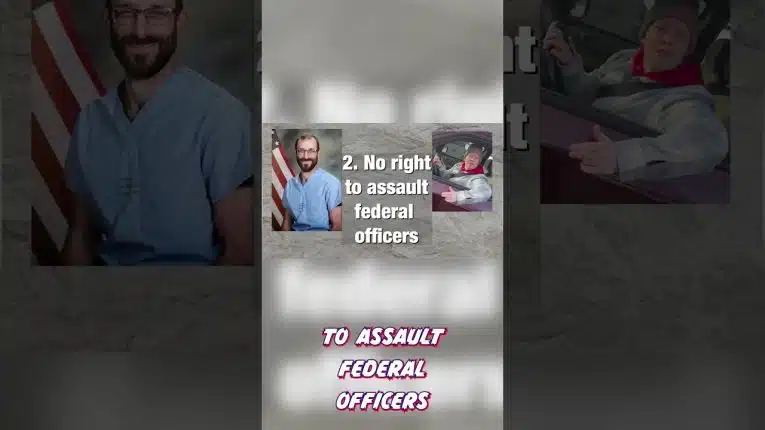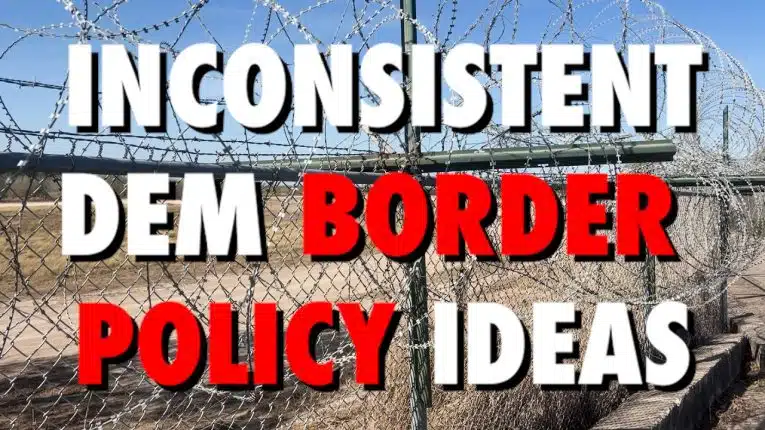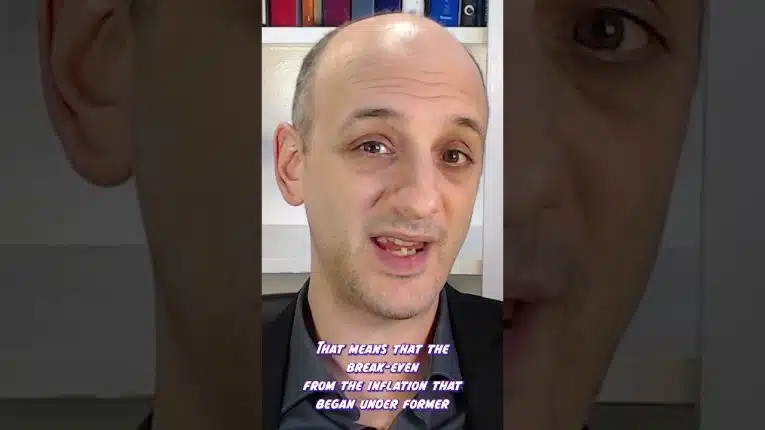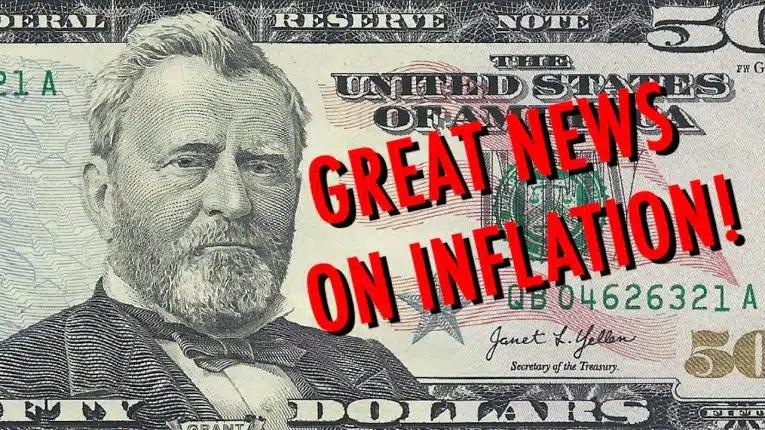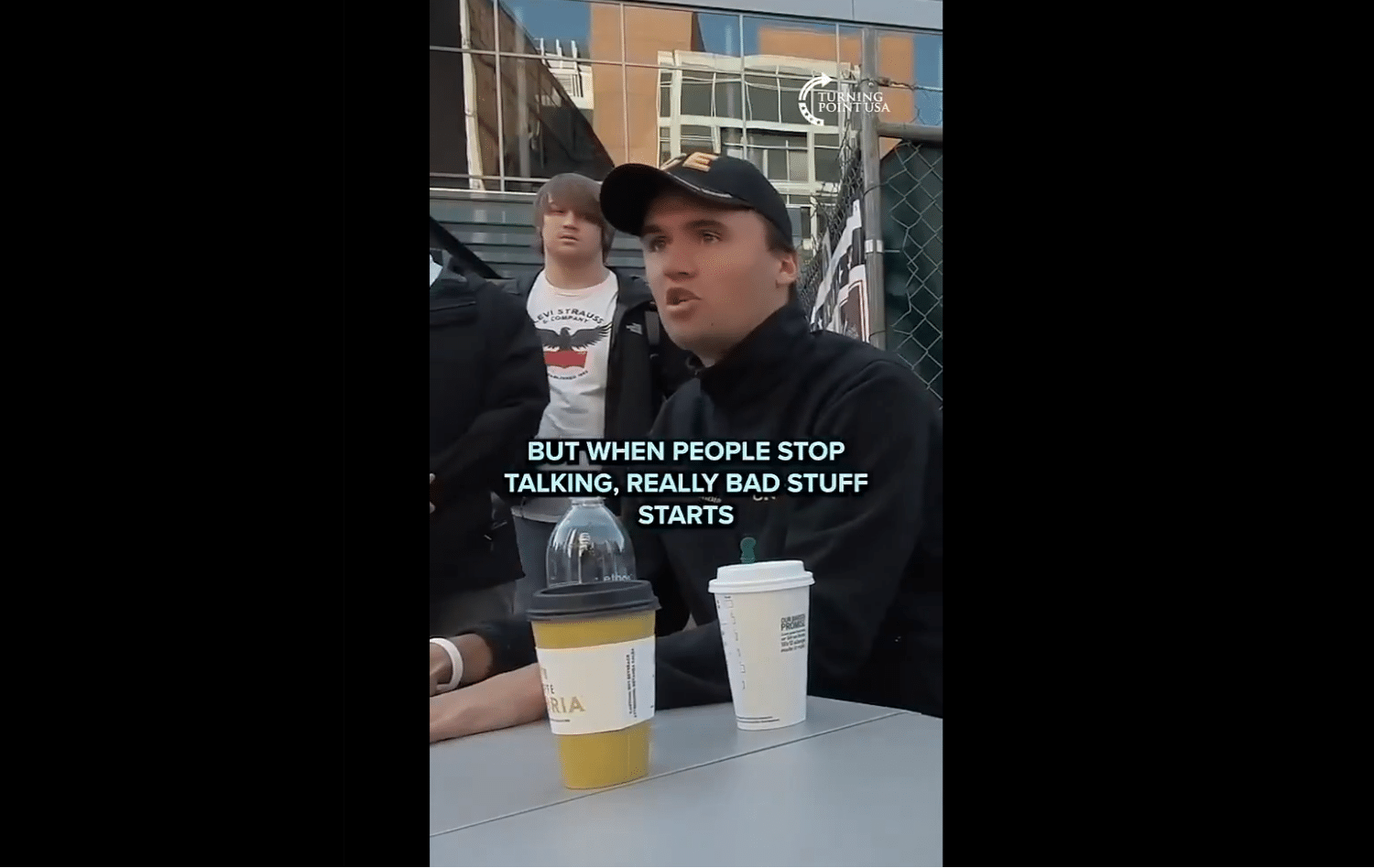
“[W]hen people stop talking, really bad stuff starts. When marriages stop talking, divorce happens. When civilizations stop talking, civil war ensues. When you stop having a human connection with someone you disagree with, it becomes a lot easier to want to commit violence against that group… What we as a culture have to get back to is being able to have a reasonable disagreement where violence is not an option.”
That was the late Charlie Kirk in a video I saw posted this morning on X from one of his many visits to our nation’s college campuses (I cannot say which) to meet with students, especially those he disagreed with, embodying the very spirit of the civil society — promoting debate, carrying on a conversation and embracing the freedom of speech that representative government depends on.
He was being asked why he was there on campus. Why bother? Because he thought young Americans needed a voice and that it matters that we can keep speaking up and to one another. Keep talking. That’s what he believed. He’s right.
Just watch. pic.twitter.com/O8nQIVp06a
— Matt Goodwin (@GoodwinMJ) September 11, 2025
Kirk’s voice was tragically silenced by an assassin’s bullet on Sept. 10 at Utah Valley University in Orem, Utah, at an American Comeback event where he met 3,000 students. A manhunt for the killer is underway as of this writing, who the FBI report they have on camera as the shocked nation awaits justice for the senseless murder of the 31-year-old conservative activist who founded Turning Point USA and leaves behind his wife and two children.
President Donald Trump just announced at the Pentagon 9/11 memorial services that Kirk will receive the presidential Medal of Freedom posthumously for his dedication to America, the Constitution and the republic we share.
A republic and a Constitution that we have, and which we could easily lose to blood, as he warned, of what could happen if we stop talking.
In 1835’s Democracy in America, Alexis de Tocqueville described the civil society’s prerequisite, a “general equality of conditions” that “extends far beyond the political character and the laws of the country, and that it has no less empire over civil society than over the Government; it creates opinions, engenders sentiments, suggests the ordinary practices of life, and modifies whatever it does not produce.”
In short, it is the ability to influence one another. De Tocqueville wrote that we do so via political associations peacefully: “In America the citizens who form the minority associate, in order, in the first place, to show their numerical strength, and so to diminish the moral authority of the majority; and, in the second place, to stimulate competition, and to discover those arguments which are most fitted to act upon the majority; for they always entertain hopes of drawing over their opponents to their own side, and of afterwards disposing of the supreme power in their name. Political associations in the United States are therefore peaceable in their intentions, and strictly legal in the means which they employ; and they assert with perfect truth that they only aim at success by lawful expedients.”
In America, the majority rules but always must compete with other ideas, stand in elections and peacefully transfer power when the people have spoken. We persuade one another over the country’s direction.
Charlie Kirk believed in God, America, the Constitution and in these principles that our country was founded on. And he never gave up hope of winning the argument because he understood that majorities are built by addition.
Kirk arrived politically at a time when Republicans were still the opposition party, but he would eventually be a part of the majority coalition that elected President Donald Trump in 2016 and 2024. As de Tocqueville taught, “they always entertain hopes of drawing over their opponents to their own side…”
If you weren’t convinced, he might still try to win you over.
That is our calling now. To keep talking, keep speaking to one another and to continue the civil society for which we all depend. Our very lives and liberties depend on it.
What we saw yesterday is a painful reminder of the jaws of the state of nature that ever-presently threatens our way of life, our democracy and our republic.
It reminds us of what almost happened last year when assassins attempted not once but twice to take President Trump from us in Pennsylvania and Florida. To decide the election for themselves by taking matters into their own hands. To decide for all when the debate could not be won.
And it reminds us of what could always happen if the talking ever stops. We speak to one another and then we decide at the ballot box. We will keep talking, Charlie.
Robert Romano is the Executive Director at Americans for Limited Government and Americans for Limited Government Foundation.


